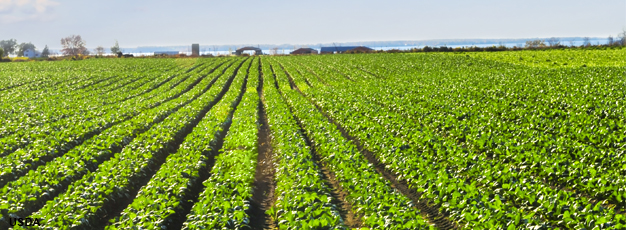Cropland in the US Midwest may limit extreme high temperatures
Ars Technica » Scientific Method 2015-10-15

(credit: USDA)
The climate clearly affects crop production; extreme temperatures and limited rainfall reduce agricultural yields. But crop production affects the climate right back, as land-use changes affect the amount of stored carbon in the soil.
Planetary and evolutionary scientists at Harvard and elsewhere have now found that the relationship between agriculture and climate may be more direct. Looking at the hottest summer days in the Midwest over the past century, they found that farmland that underwent the most intense use had seen their hottest days cooled over time.
During the summer, the US Midwest has the highest rate of chlorophyll fluorescence—indicating the most vigorous plant growth—on the whole planet. Moreover, it is peppered with weather stations that have been recording temperature data for the past hundred years or so. It is thus an ideal place for a longitudinal study of climate in important food growing regions.